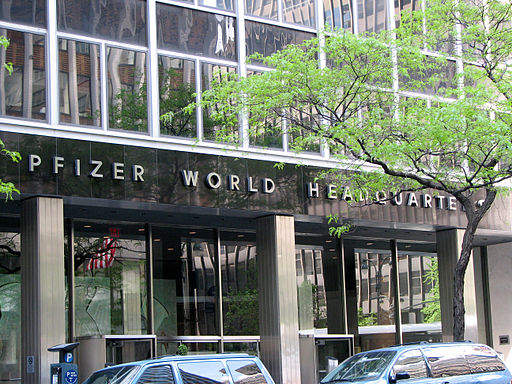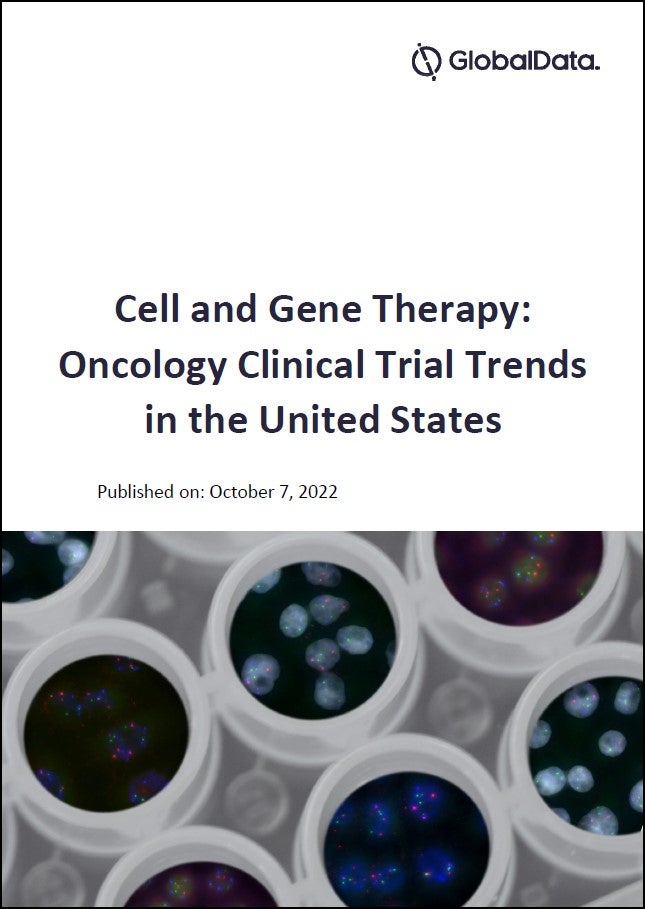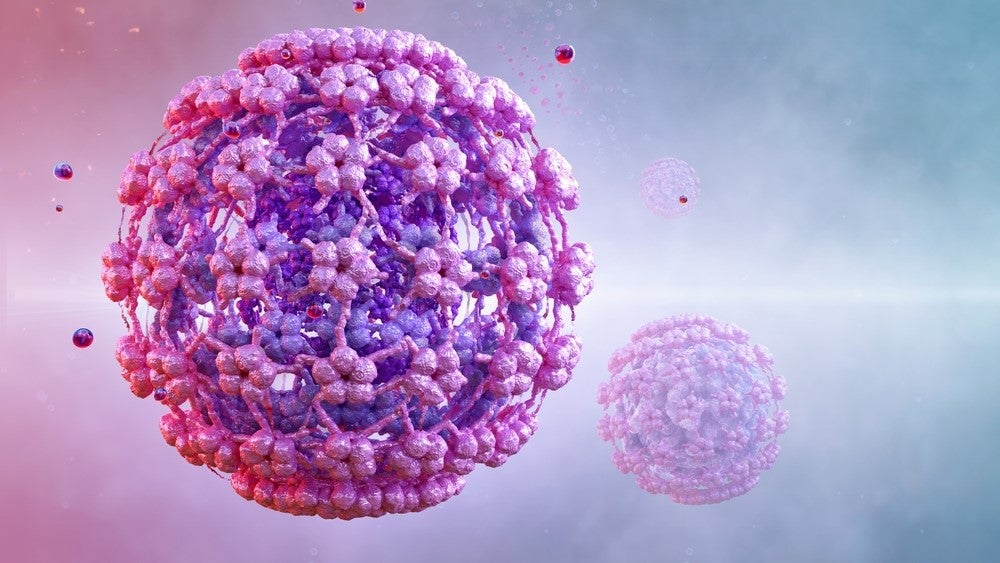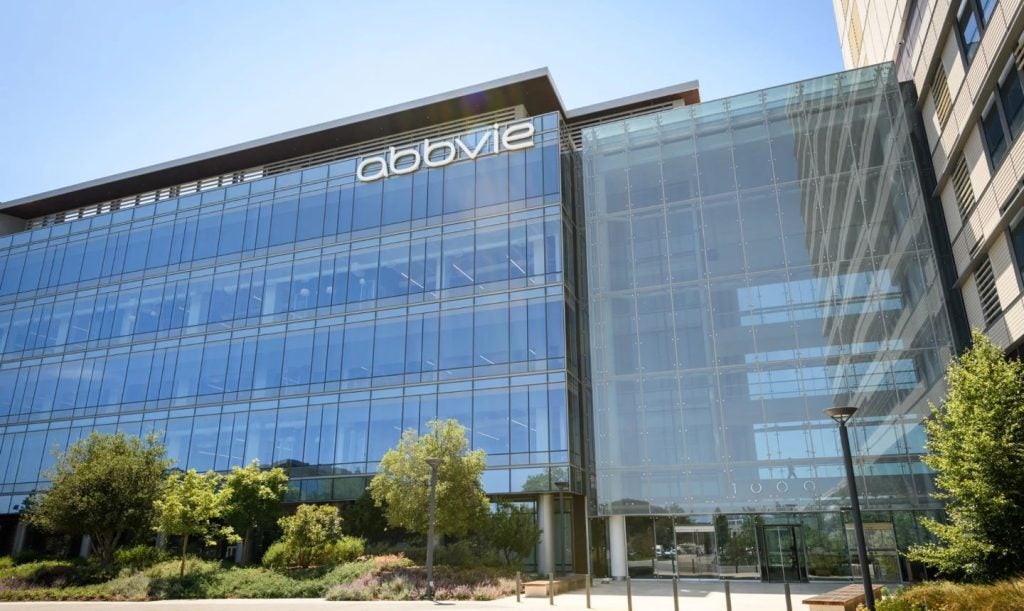
Pfizer and Allogene have announced a partnership to develop allogeneic chimeric antigen receptor T cell (CAR T) cell therapies, a method of cancer treatment based on investigational immune cell therapy.
Financial details were not specified but the companies said the deal will see Pfizer contributing 16 of its preclinical CAR T assets licensed from Cellectis and Servier, while gaining a 25% ownership stake in Allogene in return.
Pfizer will continue to participate financially in the development of the CAR T portfolio and will continue to have an 8% ownership stake in Cellectis under an equity agreement signed in 2014.
One of the assets licensed from Servier, UCART19, is under development for the treatment of CD19-expressing haematological malignancies. It is currently in a Phase I trial for the treatment of acute lymphoblastic leukaemia under Servier, with Allogene intending to contribute to the Phase II study due to start in 2019. Under the terms of the original development agreement, Allogene will have exclusive rights to develop and commercialise UCART19 in the US, with Servier retaining exclusive rights for all other countries.
In a statement Pfizer said the agreement is “an attractive opportunity to support the continued development of allogeneic CAR T therapy in a highly focused and skilled manner”.
How well do you really know your competitors?
Access the most comprehensive Company Profiles on the market, powered by GlobalData. Save hours of research. Gain competitive edge.

Thank you!
Your download email will arrive shortly
Not ready to buy yet? Download a free sample
We are confident about the unique quality of our Company Profiles. However, we want you to make the most beneficial decision for your business, so we offer a free sample that you can download by submitting the below form
By GlobalData“The allogeneic CAR T platform represents a potentially transformative approach to treating cancer, and we are very excited about what the future may hold for this area of research,” Pfizer head of oncology research & development Robert Abraham said.
“We believe that under the strong scientific, clinical development and regulatory expertise of Allogene’s leadership team, the portfolio of CAR T assets contributed by Pfizer will be well-positioned to rapidly advance into potential innovative new therapies, and ultimately to reach patients in need more quickly.”
Allogene CEO David Chang said: “We believe that this partnership among leaders in the field – visionaries, industry forerunners, venture capitalists and researchers – has the potential to accelerate the development of allogeneic T cell therapy, making it a reality and forever changing how cancer is treated.”
Allogeneic CAR T cell therapies eliminate the need to create personalised therapy from a patient’s own cells as they are developed from the cells of healthy donors and stored for ‘off-the-shelf’ use, simplifying the manufacturing process and reducing waiting times for patients.
Allogene Therapeutics is a biotech co-founded and headed by former Kite Pharmaceuticals executives David Chang and Arie Belldegrun with the intention of developing CAR T therapies targeting blood cancers and solid tumours. It makes use of platforms such as Cellectis’s TALEN gene editing technology, which it will use to develop its portfolio of immuno-oncology therapies.
The company’s formation was funded by a round of Series A financing, consisting of $300 million from TPG, Vida Ventures, BellCo Capital, the University of California Office of the Chief Investment Officer and Pfizer, among others.








